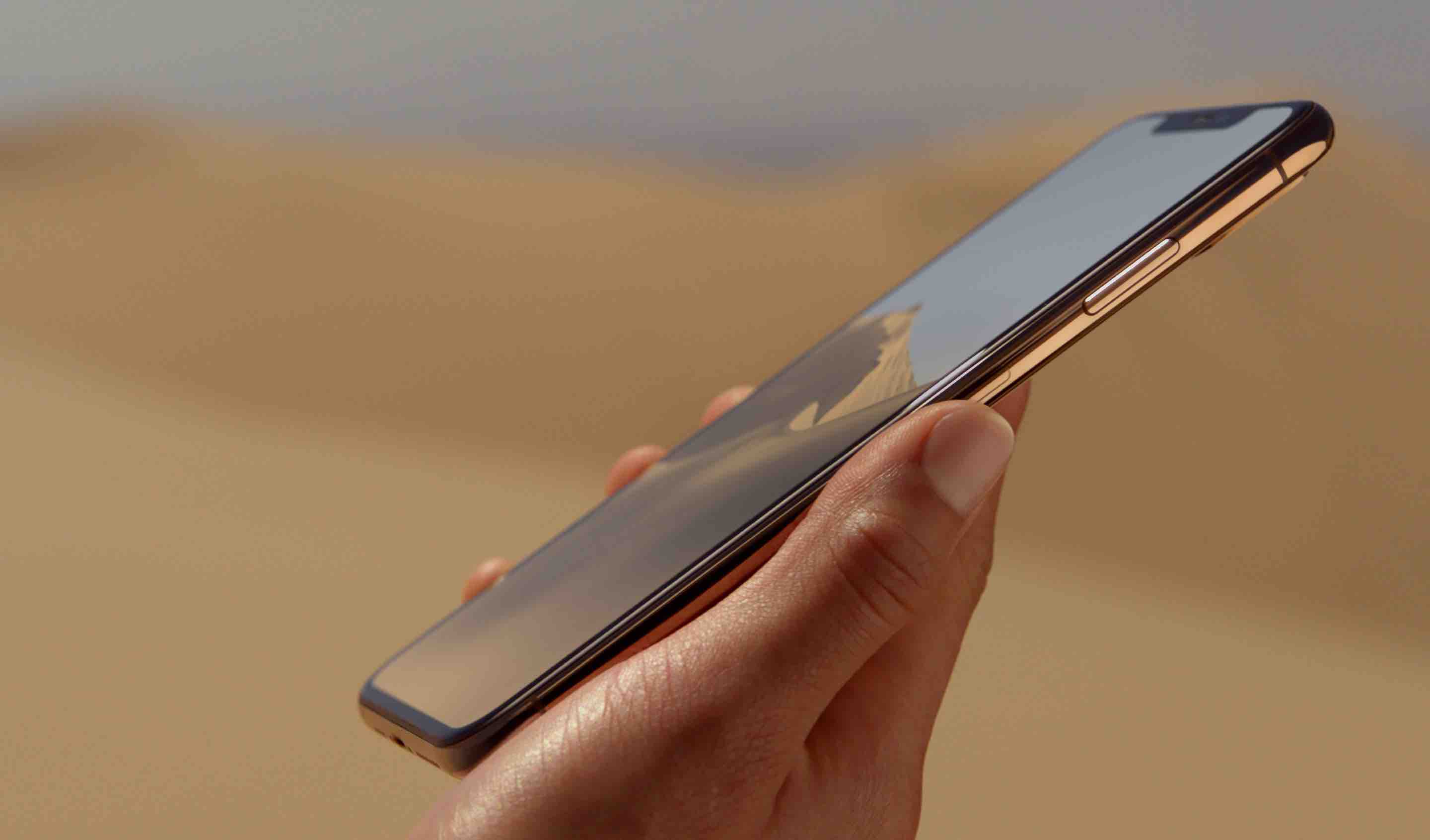
While Apple said Trump’s tariffs would affect product costs and give its global competitor Samsung an edge, analysts believe the company has a few tricks up its sleeve to absorb the effects of the tariffs and avoid passing the tariff cost to customers.
The Cupertino company has reportedly been working on ways to mitigate the extra charges and protect its revenues, with JP Morgan predicting in a research note sent to clients this morning that Apple will definitely leverage its influence in the supply chain to absorb a large portion of the tariffs without affecting its US retail prices or sacrificing its high margins.
According to JP Morgan’s investor note, seen by AppleInsider, Apple’s managed to reduce the bill of materials for the 2019 iPhone components by between $30 and $50 per unit.
The need to keep prices the same is important, as ‘pricing power is higher given limited competition’ for Apple in a number of areas, including AirPods, Apple Watch and iPads. While estimates of a ten percent tariff on the products would result in an eight percent annualized earnings impact if Apple elected to completely absorb the tariff cost, JP Morgan believes ‘Apple has a silver lining from the decline in memory prices, which will likely offset a large portion of tariffs,’ even if it kept pricing consistent vs. 2018 models.
The lower cost of the bill of materials will affect all iPhones shipped globally, but would only offset the tariffs paid on roughly a third of total units, meaning Apple will still overall benefit from the reduced production cost.
As you know, the ongoing trade war between the United States and China has entered a new stage with President Trump approving a ten percent tariff that will affect consumer electronics products. If you ask me, Apple is definitely doing the right thing here by not passing the tariff cost to the consumer. If it absorbs the tariff cost completely, the company will undoubtedly improve its brand image and relationships with suppliers.
The ten percent tariff was supposed to go into effect next month, but got delayed until December. Due to the ongoing rising cost of importing goods to China, manufacturers like Apple have been working on ways to mitigate the extra charges and protect their revenues.
Should Apple absorb most of the additional costs due to tariffs, there will be an estimated negative impact on profits from its hardware business in the mid-short term, according to reliable Apple analyst Ming-Chi Kuo. “We also believe that the negative impact on Apple are limited and temporary because the profit from service business is growing and non-Chinese production locations will gradually increase,” Kuo wrote earlier this month.
Apple is already moving some production out of China: AirPods are now manufactured in Vietnam and its LCD panel supplier Sharp is also investing into capacity expansion in that country.
Thoughts?